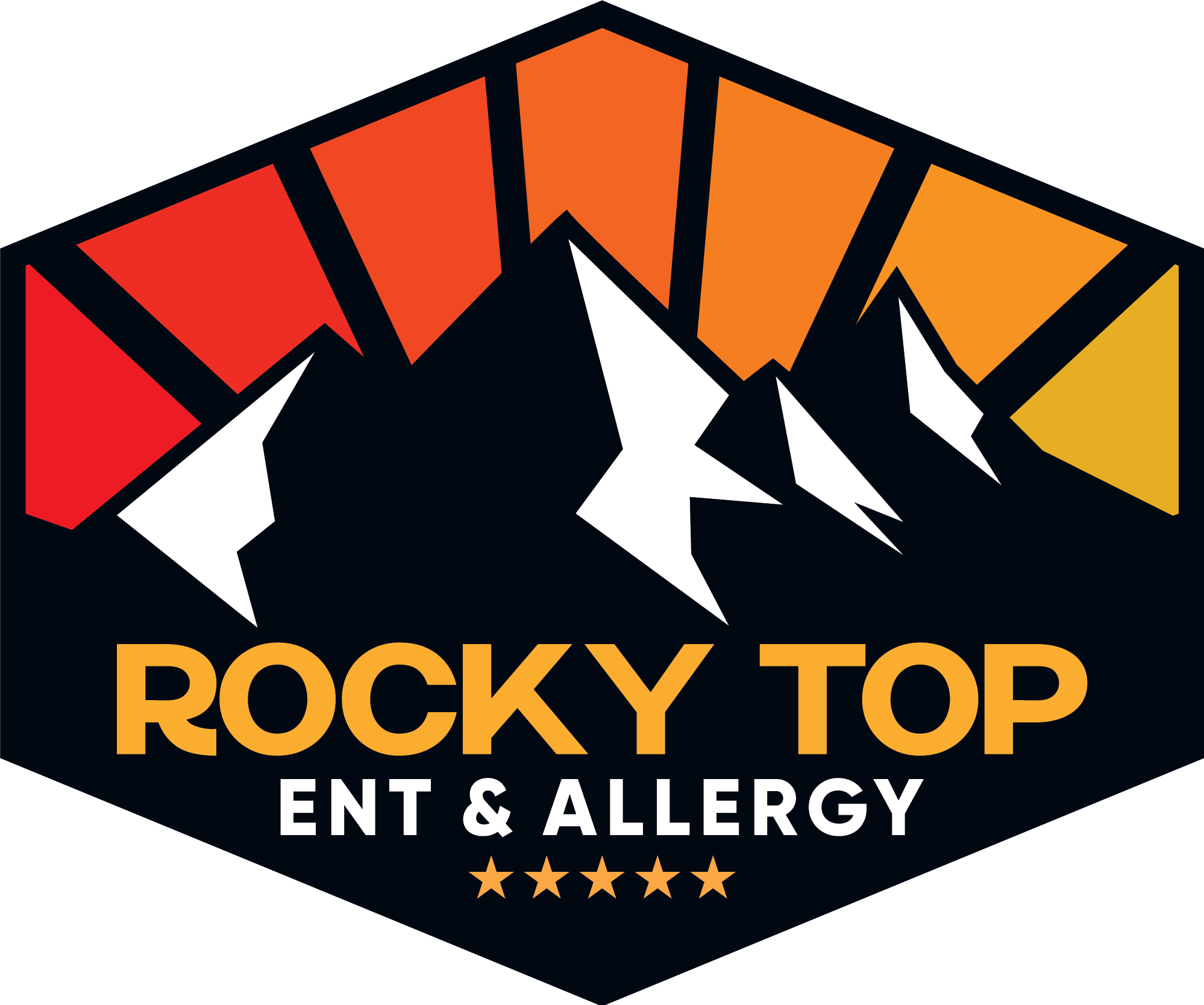
Cholesteatoma may cause these symptoms:
- Hearing loss
- Ear drainage, often with a bad smell
- Recurrent ear infections
- Sensation of ear fullness
- Dizziness
- Facial muscle weakness on the side of the infected ear
- Ear ache/pain
If you experience any of these symptoms, you should see an ENT (ear, nose, and throat) specialist, or otolaryngologist, as soon as possible.
What Causes Cholesteatoma?
There are different reasons why a cholesteatoma may develop. The most common cause is poor ventilation of the middle ear space, which is called “eustachian tube dysfunction.” The eustachian tube is the natural tube that connects your middle ear space to your nose and sinuses, and helps regulate the pressure behind your eardrum. If the eustachian tube is not working properly, the middle ear space does not get ventilated. This creates negative pressure and ultimately causes the weakened eardrum to retract. This retraction collects skin and earwax, which leads to a cholesteatoma. Seasonal allergies, upper respiratory infections (cough/cold), or sinusitis may contribute to eustachian tube dysfunction.
A cholesteatoma can develop when skin of the ear canal passes through a hole in the eardrum and into the middle ear space. Finally, another rare type of cholesteatoma is present at birth (congenital) and is related to how the ear develops.
Are There Potential Dangers?
Without proper treatment cholesteatoma will cause recurrent ear infections. Chronic infection of the ear can lead to progressive hearing loss and even deafness. Cholesteatoma can erode bone, including the three bones of hearing, which may cause infection to spread to the inner ear or brain. These infections can lead to meningitis, brain abscess, facial paralysis, dizziness (vertigo), and even death.
What Questions Should I Ask My Doctor?
- What parts of the ear does my cholesteatoma involve (middle ear, mastoid, or both)?
- Are there any medications I can take or things I can do to stop the ear drainage?
- Will the surgery be through my ear canal, behind the ear, or both?
- Will I need a planned second surgery?
- How long should I keep the ear canal dry after surgery?
- Will there be dizziness after surgery?
- What is the plan for pain control after surgery?
- What type of follow-up will be needed after surgery? What follow-up is needed long-term?
- How do you expect this to affect my hearing?
Call Rocky Top ENT & Allergy at 931-219-9990 or 865-383-0737 for more information and to schedule an appointment.
